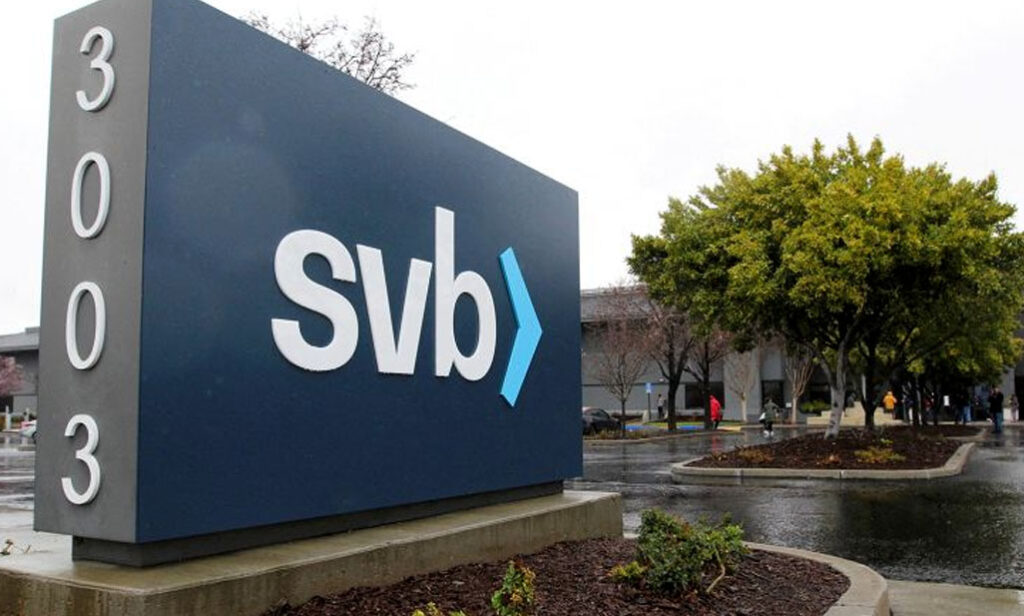On Wednesday, there was an uneasy calm in world markets as regulators and financial executives tried to ease contagion fears that had arisen following the collapse of Silicon Valley Bank (SVB). Although efforts were made to shore up sentiment, the mood remained fragile, particularly as banking shares around the world have experienced significant drops. The S&P 500 regional banks index has slid 18%, and while the European Central Bank is still considering a half-percentage-point rate hike on Thursday, it is also mindful of the turmoil in the banking sector. Nonetheless, a source close to the bank’s Governing Council told Reuters that it is leaning towards a rate hike due to high inflation. As a result, major central banks remain in rate-hiking mode, which has caused government bond yields to rise, with focus turning to the budget announcement of British finance minister Jeremy Hunt later on. Antoine Bouvet, senior rates strategist at ING, said that many of the ingredients for sentiment to recover are there, but only time will tell if this will last.
Early trading saw European stocks slip 0.9%, but they remained above three-month lows, which were reached on Monday when panic gripped world markets following SVB’s collapse. In contrast, Asian equities rose, tracking Tuesday’s relief rally on Wall Street, following U.S. inflation data, which delivered no nasty surprises. This reinforced hopes that the Federal Reserve would opt for a smaller rate hike when it meets next week. MSCI’s broadest index of Asia-Pacific shares outside Japan rose 0.9%, after sliding 1.7% on Tuesday, while Japan’s Nikkei index was flat, and an index of Japanese banks, which had declined by 8% this week, jumped over 3%. However, U.S. equity futures were mostly negative, indicating a soft start for Wall Street.
On Tuesday, bruised U.S. bank stocks regained some ground after news emerged that private equity and buyout giants were considering buying some of SVB’s assets. This left investors optimistic that efforts to shore up confidence would prevent a more extensive financial crisis.
Although markets were previously expecting large Fed interest rate rises, the swift collapse of SVB has altered those expectations, with markets pricing in an 80% chance of a 25 basis point hike next week. Additionally, data showing that China’s economic activity picked up in the first two months of the year, driven by consumption and infrastructure investment, and signs that the beleaguered property sector is beginning to recover has boosted sentiment. In Europe, traders were betting on a significant increase in euro zone borrowing costs on Thursday, after initially dialling back ECB rate-hike bets at the beginning of the week. A source close to the ECB Governing Council stated that the central bank is unlikely to abandon plans for a significant rate move this week because it would damage its credibility. According to Jorge Garayo, senior rates and inflation strategist at Societe Generale (OTC:SCGLY), “the ECB is behind (the U.S. Federal Reserve) in terms of a tightening cycle and has a lot to do,” adding that “core inflation is still at very, very elevated levels. So we will be very surprised to not see 50 basis points delivered by the ECB.”
Short-term bond yields, which typically move in line with interest rate expectations, were mixed on Wednesday. Germany’s two-year yield fell 3 bps to 2.89%, having briefly dropped to as low as 2.43% on Tuesday, while the two-year U.S. Treasury yield rose 10 bps to 4.33%, significantly higher than Tuesday’s six-month low of 3.83%. In currency markets, the dollar index, which measures the U.S. currency against six rivals, remained

